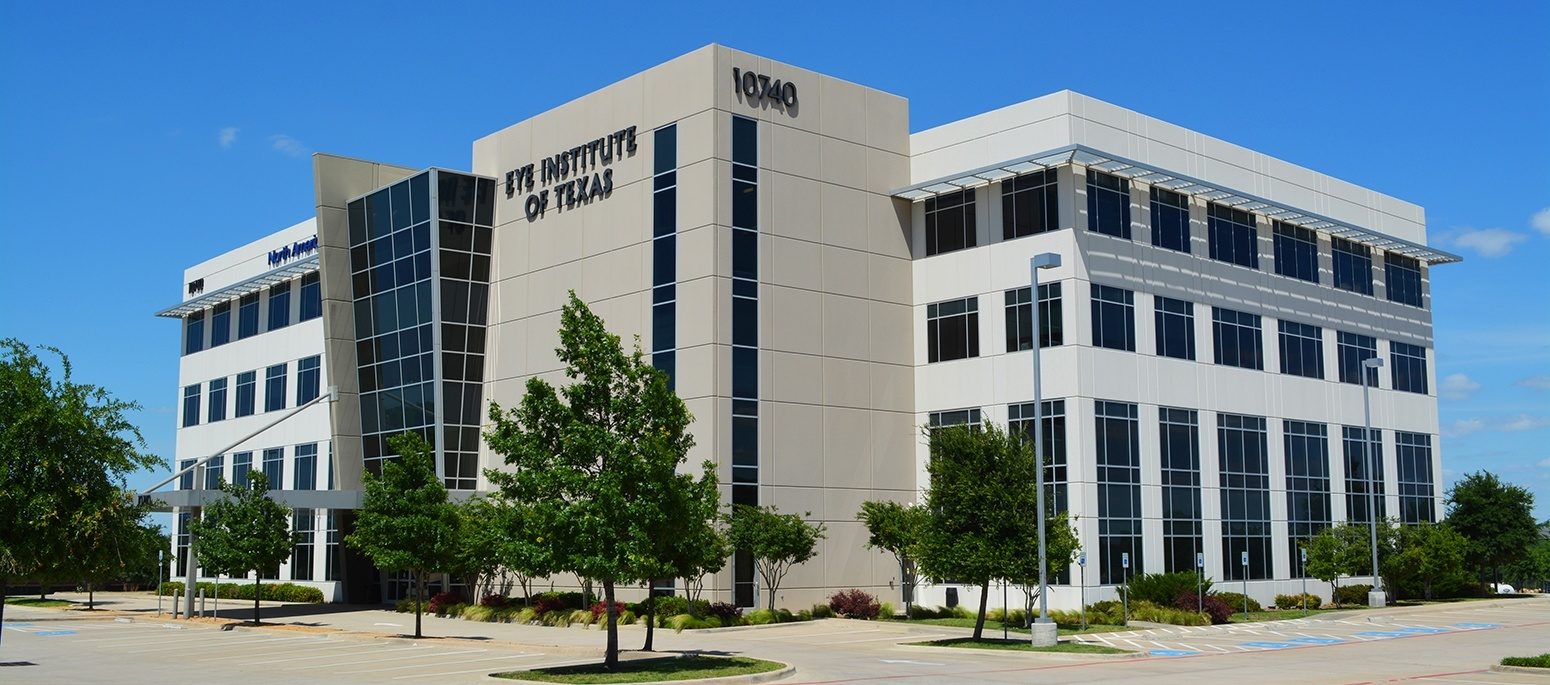Ophthalmology Surgery Center of Dallas

OSCD Scene
News and views from the fourth floor of the Eye Institute of Texas
Top Articles
Categories
- No categories
Archives
Some of the links on this page will take you away from this site to another website, which may be a non-WCAG compliant website. SCA may not control the content or links of non-SCA websites.
